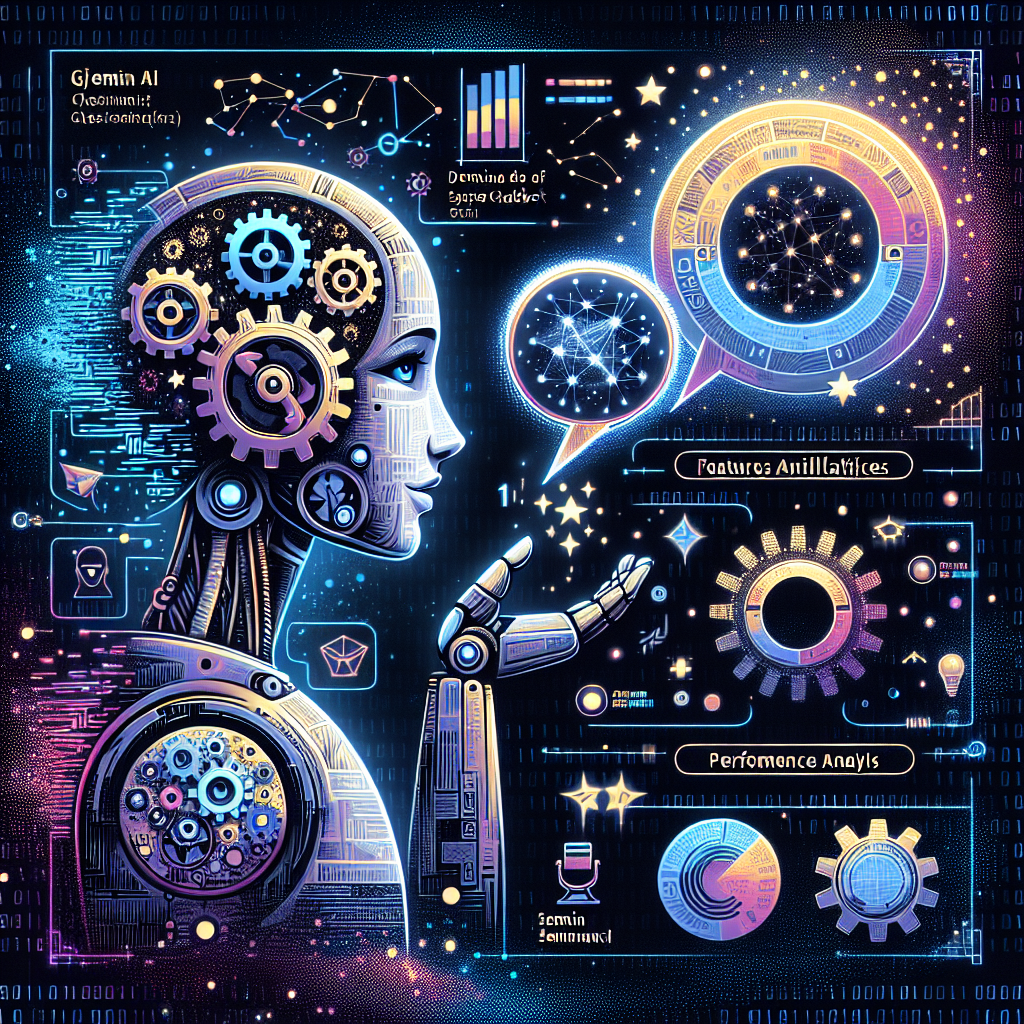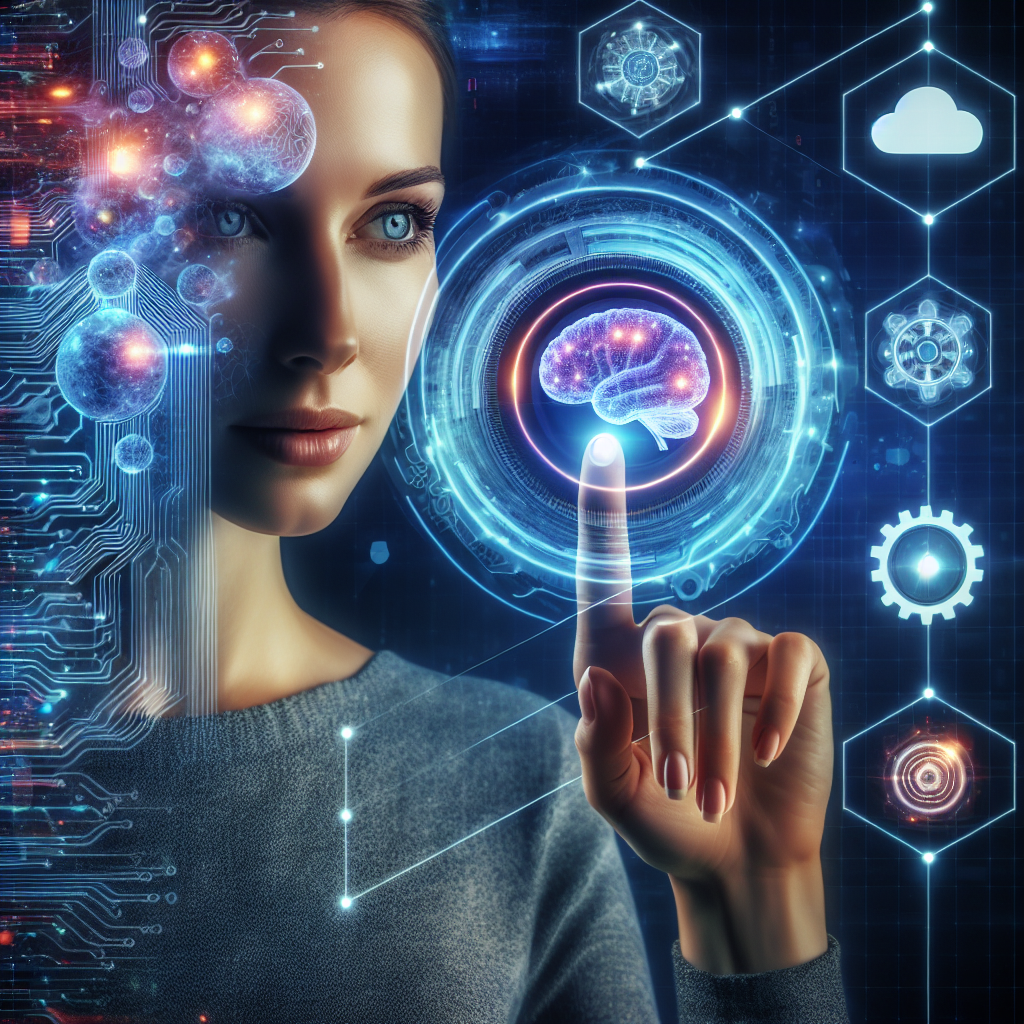In the rapidly evolving domain of artificial intelligence, chatbots have emerged as indispensable tools for businesses and individuals alike. Among the myriad of AI-driven conversational agents, ChatGPT and Gemini AI stand out due to their advanced capabilities and widespread adoption. This article provides a comparative analysis of these two prominent chatbots, delving into their key features, capabilities, and overall performance.
Introduction to ChatGPT and Gemini AI
ChatGPT, developed by OpenAI, is a state-of-the-art language model designed to generate human-like text based on the input it receives. It leverages deep learning techniques, specifically the Transformer architecture, to understand and respond to a wide array of queries with remarkable coherence and context-awareness. On the other hand, Gemini AI is a formidable competitor in the AI chatbot space, built with a focus on robust conversational abilities and seamless integration into various business applications. Both chatbots aim to enhance user interaction and provide efficient, intelligent responses, but their approaches and underlying technologies differ in significant ways.
Key Features and Capabilities of ChatGPT
ChatGPT is known for its impressive natural language processing (NLP) capabilities, which allow it to generate text that is not only contextually appropriate but also highly engaging. One of its standout features is its ability to handle ambiguous queries by providing multiple contextually relevant responses. It also supports a wide range of languages, making it a versatile tool for global applications. Additionally, ChatGPT can be fine-tuned for specific tasks or industries, enhancing its utility in specialized fields such as customer service, content creation, and more. Its robust API support enables seamless integration with various platforms, ensuring that businesses can incorporate its capabilities into their existing workflows with minimal hassle.
Key Features and Capabilities of Gemini AI
Gemini AI distinguishes itself with a strong emphasis on customization and adaptability. It offers extensive support for personalized user interactions, leveraging machine learning algorithms to tailor responses based on user behavior and preferences. Gemini AI also excels in multi-turn conversations, maintaining context over longer interactions, which is crucial for complex customer service scenarios. Another significant feature is its integration with various third-party services and databases, enabling it to pull in relevant information in real-time to enhance the user experience. Furthermore, Gemini AI boasts robust security measures, ensuring that user data is protected and compliance with industry standards is maintained.
Performance Comparison: ChatGPT vs. Gemini AI
When it comes to performance, both ChatGPT and Gemini AI have their unique strengths. ChatGPT excels in generating fluid and coherent text, making it ideal for applications that require high-quality content generation and nuanced conversational abilities. It is particularly strong in scenarios where understanding and generating human-like text is paramount. In contrast, Gemini AI’s performance shines in its ability to maintain context over extended interactions and its seamless integration with external systems, making it highly effective for customer service and business applications that require real-time data access and personalized user experiences. While ChatGPT might be the preferred choice for creative and content-focused tasks, Gemini AI’s strengths lie in its adaptability and integration capabilities, making it a robust choice for dynamic business environments.
In conclusion, both ChatGPT and Gemini AI offer compelling features and capabilities that cater to different needs and applications. ChatGPT’s strength in generating high-quality, contextually rich text makes it a valuable tool for creative and content-driven tasks. Meanwhile, Gemini AI’s adaptability, personalized interactions, and robust integration capabilities make it an excellent choice for business applications, particularly in customer service. By understanding the unique strengths of each chatbot, users and businesses can make informed decisions about which AI solution best meets their specific requirements.


